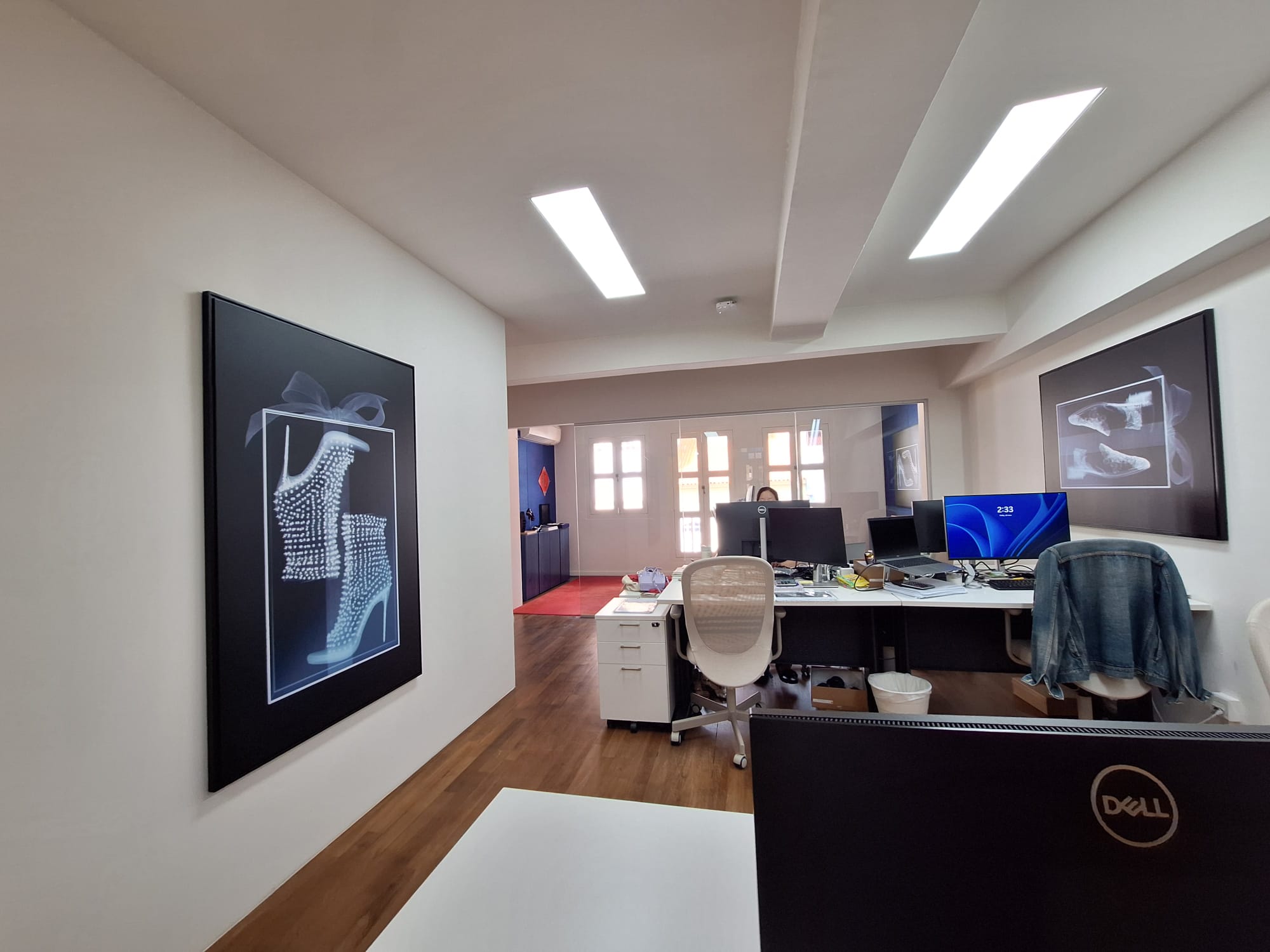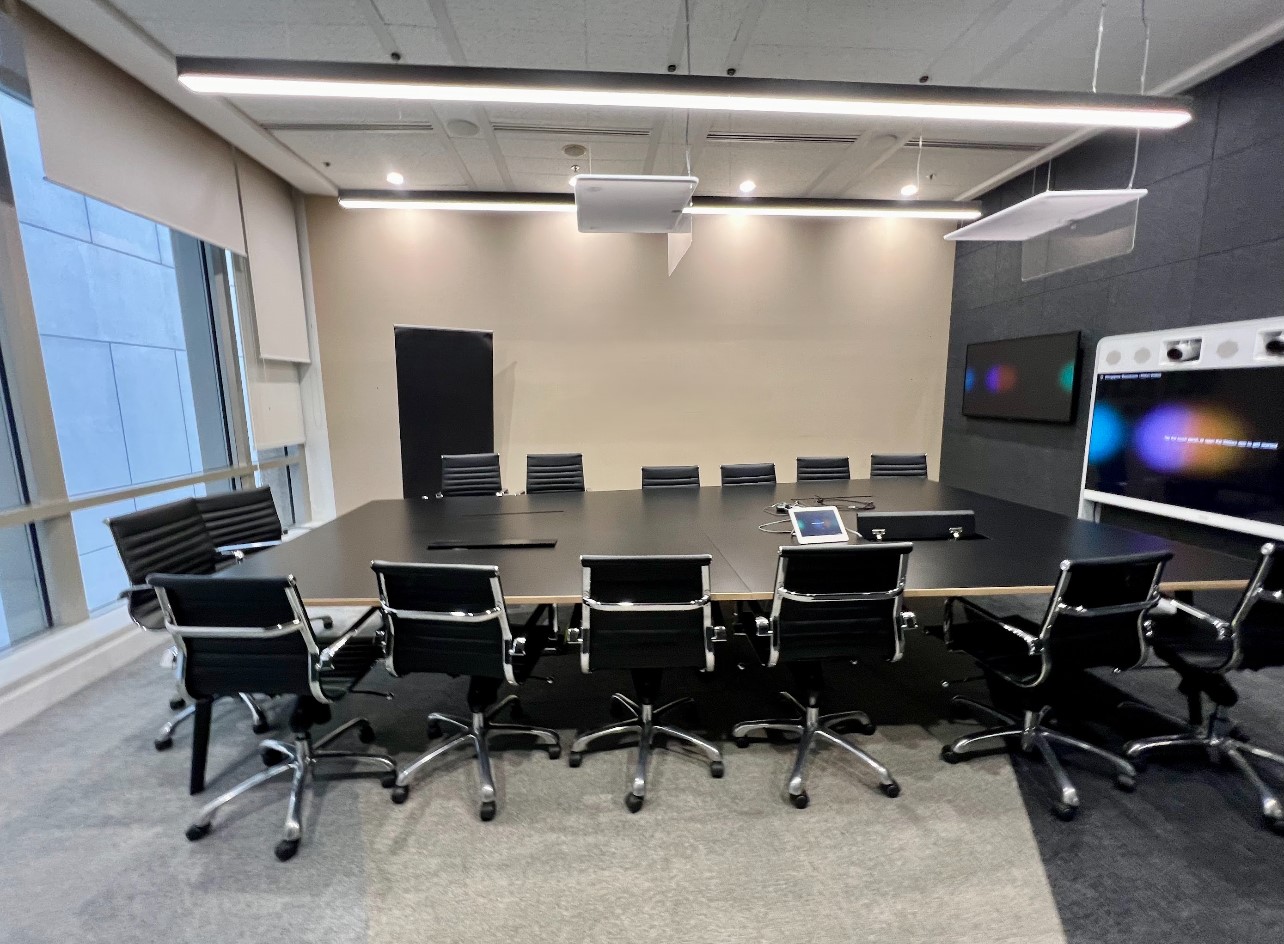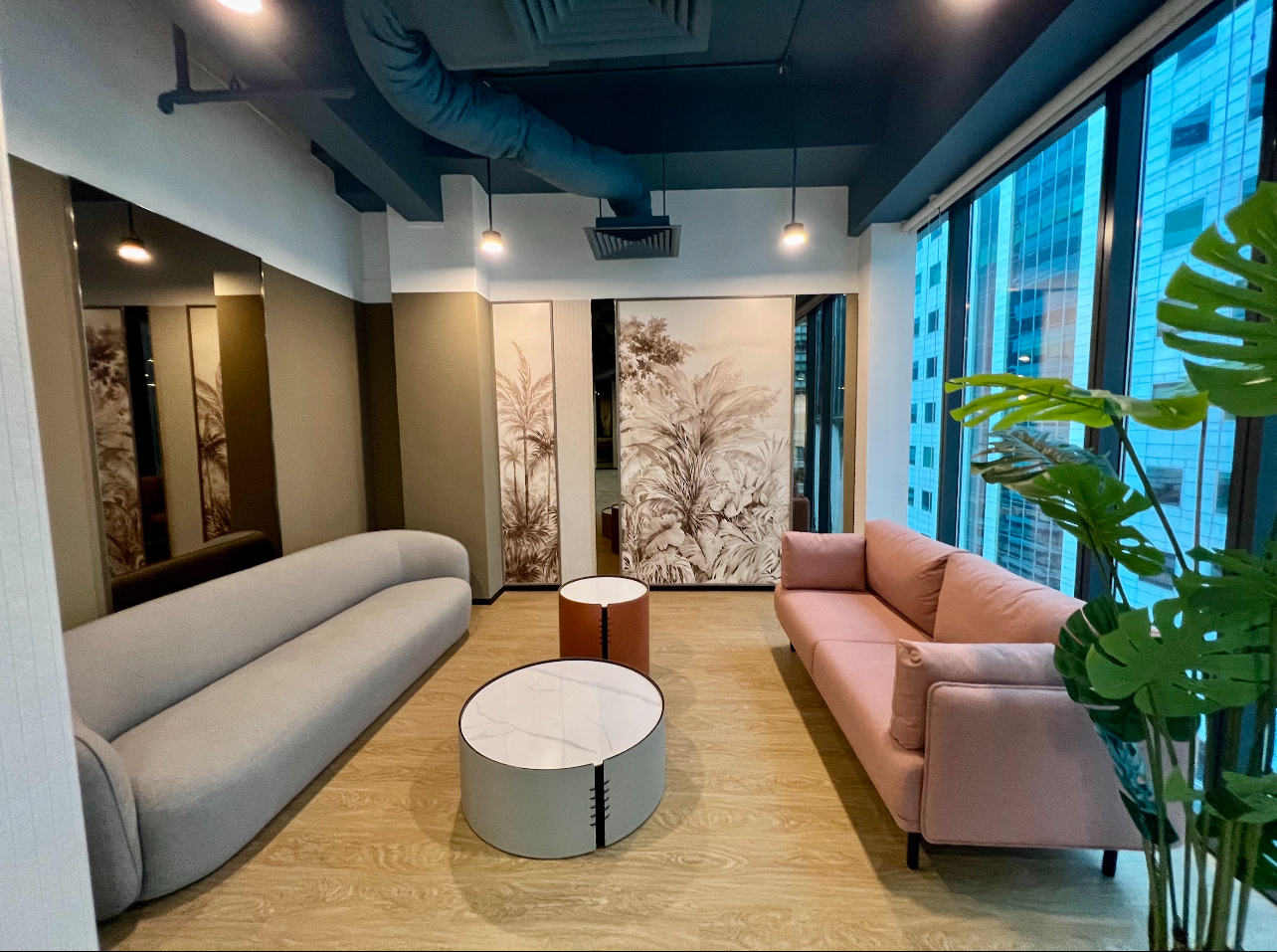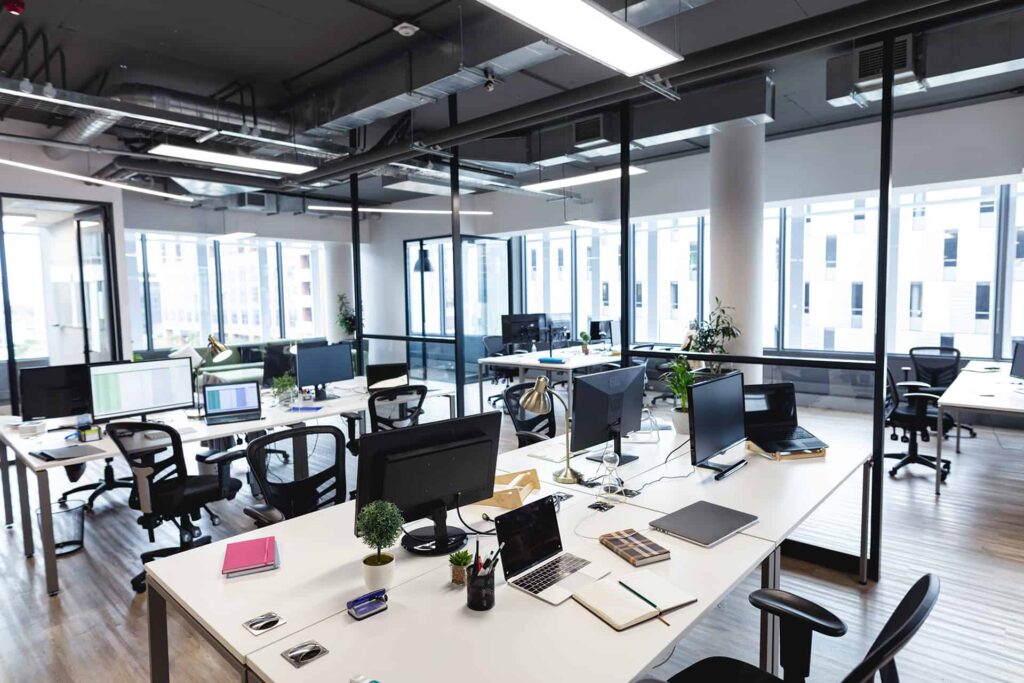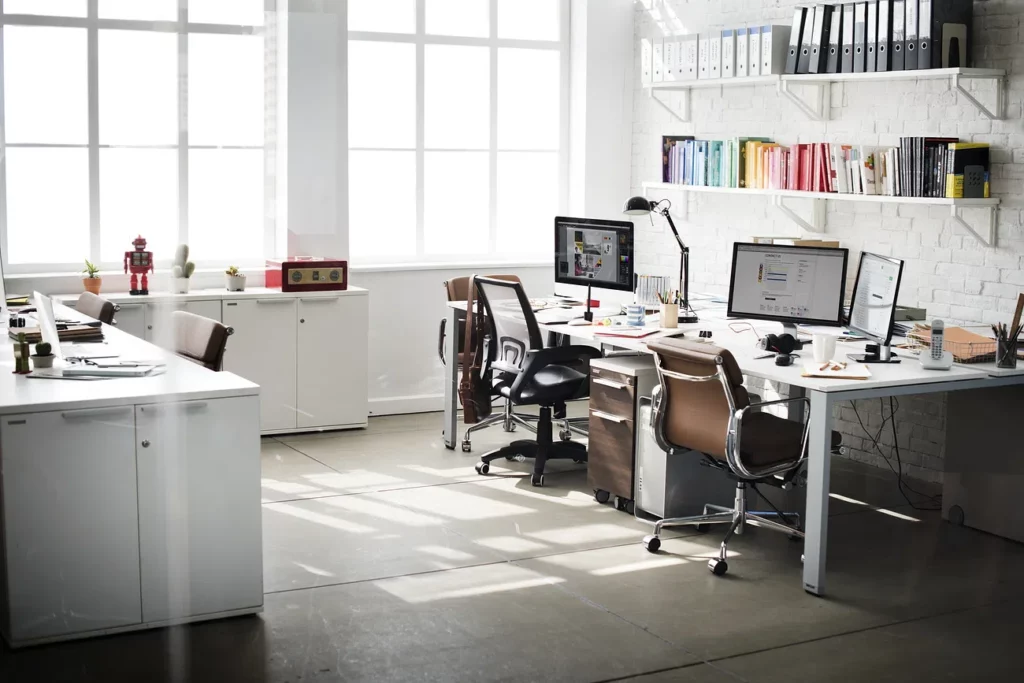Introduction
The office environment profoundly impacts employee performance and well-being. From layout to amenities, every aspect matters. An optimized workspace fosters collaboration, communication, and productivity. Factors like lighting, temperature, and noise influence focus and satisfaction. Thoughtful amenities like nursing rooms and shower facilities enhance employee contentment. Striking a balance between engaging facilities and potential disruptions is essential. Effective communication and management engagement create a supportive culture, boosting staff motivation. A well-designed office environment empowers employees, nurtures growth, and drives success. By recognizing unique team needs, organizations can create a conducive space that maximizes workforce potential and fosters a productive and thriving workplace.
Overall performance could be more productive because, in the minds of some bosses, they think that employees may have potential but, in their opinion, might never be able to perform better when expected to be physically and mentally capable.
They are meeting up in the office. The staff is confident that working together as a team can be beneficial. However, from their perspective, they might find that adopting a hybrid work model will enhance efficiency and contribute to their personal growth.
So, this will positively impact the psychological well-being of the staff. Yes. To achieve more efficient hours, we must balance work and life well, promoting a better work-life balance. This is especially crucial for working mothers caring for young children and other staff responsible for supervising their children or attending to senior parents. They can manage their responsibilities effectively and continue contributing to the workforce by achieving a better balance. It’s about finding the proper equilibrium – a balance essential for personal and professional fulfillment.
What aspects of the physical office environment, such as lighting, temperature, or noise, are frequently cited as employee concerns? And how do these factors impact their focus and productivity in the context of the physical office? Okay, now let’s consider the effects of the physical office. During the last few days, I visited some locations and noticed that newer, well-designed offices are in high demand due to their improved features like reflective lighting. The temperature is generally maintained around 24-25 degrees, and more unique buildings with full glass windows bring positive energy to the company.
These modern buildings boast better infrastructure, enabling improved air circulation within the office environment. As for noise, it depends on the quality of fitting work done during the premises’ setup, which can influence employees’ focus and productivity. The physical office must offer a lifestyle view to create an optimal working atmosphere, steering away from the dull and monotonous ‘box office’ concept. Amenities like a well-equipped pantry and open collaboration spaces are increasingly sought as they contribute to a more positive and conducive work environment for the staff.
The next topic will focus on how the office layout and design impact collaboration and communication among employees and whether there are any improvements we can make to foster better teamwork. So, this is more about the design and layout. Typically, office layouts are squarish or rectangular, with a preference for a column-free design, allowing designers to utilize space more efficiently. Nowadays, companies favor open workstations and work desk areas, even for managers and bosses, who no longer have dedicated rooms but utilize meeting and collaboration rooms or smaller spaces. I’ve observed that many tenants have done away with manager rooms, opting for more flexible setups that accommodate various functions.
Additionally, movable walls are becoming popular, enabling them to open spaces for larger gatherings or events. A significant trend among tenants is prioritizing easily cleanable surfaces, like web entry spaces, mainly due to the focus on hygiene during the COVID era. Another fascinating aspect is the inclusion of game rooms or recreational areas, such as arcades, pool tables, table tennis, or even a Nintendo Switch area, which fosters collaboration among staff. These lifestyle-oriented environments are particularly appealing to the younger workforce.
So, how do employees perceive the office’s overall cleanliness and maintenance, and are any improvements needed to create a more conducive and comfortable workspace? Cleanliness and maintenance are essential, especially given the current COVID situation. While some staff members maintain the same mindset as before, I have noticed that others have become more particular about cleanliness and maintenance. They take the initiatives to engage in cleaning and daily upkeep, either at their workstations within the office or by hiring part-time staff for office maintenance. Additionally, they pay attention to the cleaning products used, ensuring readiness for the following user, particularly with the hybrid desk-sharing system. The company has adopted a sharing desk system, allowing employees to alternate between Team A and Team B every week, necessitating thorough cleanup to prevent the spread of germs. Furthermore, landlords and tenants are seeking better air conditioning systems within the office, recognizing the significance of a conducive workspace.
Are any facilities or amenities lacking in the office location that can enhance employee satisfaction and improve performance? Okay, so one of the amenities the younger workforce seeks nowadays is a shower facility. Over the past two years, many people have adopted an exercise routine, and after their workouts, they prefer to shower before dinner or start their workday. So, shower facilities have become a standard requirement that tenants often look for. Another aspect is off-street parking or bicycle facilities. Many CBD employees now use bicycles as a mode of transportation, making bike parking essential. Additionally, many tenants are looking for cafes, not necessarily for sit-down dining, but rather a pop-up shop to sell coffee. This way, on their way to the office, they can grab some morning coffee or have a tea time coffee break to energize and recharge their energy.
Regarding amenities, nursing mothers would also appreciate having a nursing room when they return to the office. This is another amenity that staff wish to have as they resume work. Now, let’s address the question: How does the office environment affect employee morale and engagement, and are there any specific areas needing improvements to boost motivation? The office environment can significantly influence employees’ morale since it’s where they start and grow in their work. Ultimately, we aim to maximize what employees can contribute to the company but to achieve that; we must create an area where they feel a strong sense of ownership and belonging. It’s not just about the physical location or space but also their colleagues and shared interests. Fostering this environment will lead to more robust employee engagement with the company and, in turn, boost their motivation.
Additionally, I have observed companies organizing team-building activities outside the office, engaging external providers, or planning activities independently. These activities may include hiking, running, and various team bonding games. Youngsters, in particular, enjoy escape rooms.
What are the most disruptive factors in the office location? And how do these disruptions hinder employee concentration? It’s not ideal to have too many distractions in the office. While some positions may benefit from specific amenities, excessive distractions hinder staff productivity. For instance, having too many games, frequent outings, or constant chatting can hamper work that requires deep concentration, such as finance tasks.
On the other hand, teams like marketing or creative may be less affected, as they often thrive in quiet and vibrant environments. Having designated corners or spaces where they can work on numbers is preferable for finance and accounts. Overall, increasing the performance of the staff involves considering not only the office location but also how bosses and the company engage with everyone on the team.
Conclusion
In conclusion, enhancing the office environment is a comprehensive strategy that can significantly boost employee performance. Alongside the physical layout and amenities, fostering a strong sense of ownership and belonging among employees is critical for driving engagement and motivation. Addressing the distinct needs of different teams and finding a balance between facilities and potential disruptions enables organizations to create a workplace that fosters employee growth, collaboration, and productivity. Furthermore, effective communication and management engagement are vital in improving staff performance and satisfaction. Ultimately, a thoughtfully designed office environment combined with a supportive company culture will lead to a more productive and successful workforce.


